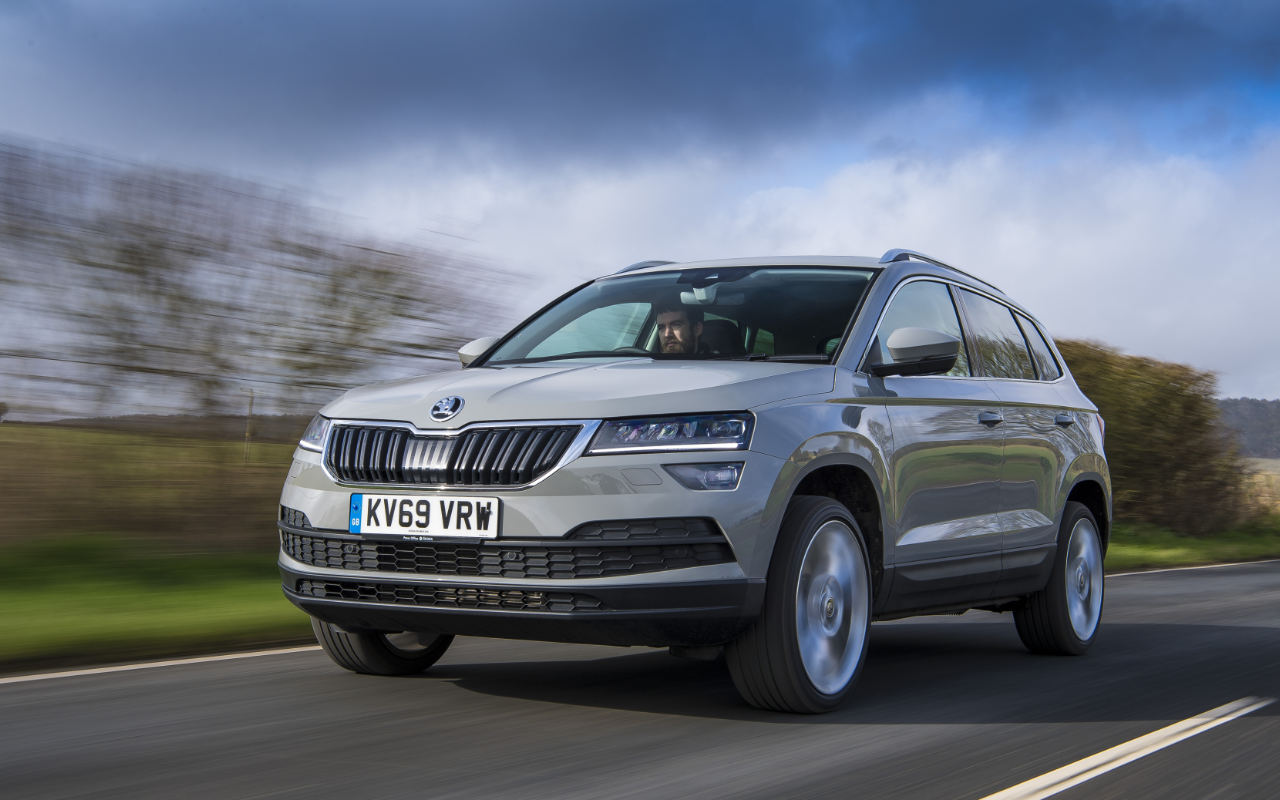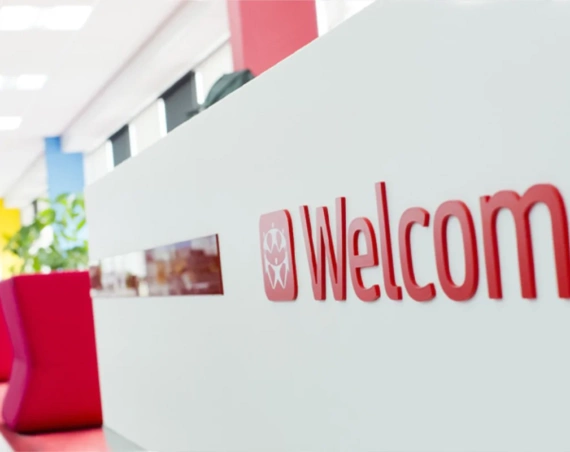BUYING a car is one of the more expensive milestones in your life, and arguably a much more impactful expense than the securing of a mortgage. Whether you are a freshly-minted driver looking forward to an increased sense of freedom, a career professional in need of a daily commuter car or a parent in need of a school-run vessel, you may be looking for cars to fit the bill right this moment.
But new cars run a pretty price, and the enormity of the decision might be giving you pause for thought. The used market beckons – but why should you consider used over new?
Better choice
An often-overlooked initial benefit to looking into used cars over new cars is that there is a far greater range of choice available to you.
There are only so many new models of vehicle on the market at any one time, while the range of used cars stretches back over decades of automotive history. This range also allows you to avoid the less desirable aspects of today’s automotive landscape, typified by such mini-scandals as BMW’s heated seat subscription service.
Low upfront cost
The main reason for which used cars are a strong choice is their upfront cost. Newer cars are, naturally, much more expensive than pre-owned ones, and older cars command a much lower price than even newer used cars. This makes for a much lower barrier to entry for newer drivers, and also allows for more feature-rich vehicles within a set budget.
Of course, caution is necessary when viewing used cars, as some secret costs may arise. For example, not all used cars are up to date on their MOTs, meaning you would need to book an MOT online for the vehicle soon after purchase. This is no bad thing, but rather something to consider when following through on a potential purchase.
Cheaper running costs
Not only are used cars cheaper upfront, but they can also be much cheaper to run in the medium-to-long term.
Older cars have already lost a large portion of their initial value, and as such are deemed to have less worth by insurance companies. Where cars remain safe to drive and well-maintained, insurance companies are likely to quote lower premiums than they would for newer and more expensive cars. Of course, there are situations where an old car results in a higher insurance premium, such as with vintage cars or used cars with bad safety records.
Better returns
As touched upon already, used cars have already depreciated in value. New cars lose up to 35% of their value within a year of leaving the dealership’s hands, after which the rate of depreciation is much slower. If someone wanted to sell their car after three years, selling a used car would see more of that initial investment recouped than with a new car.
Car pictured is the Auto Express Used Car of The Year for 2022, the Skoda Karoq.

Broker News Awards 2024 in pictures
The Broker News Awards 2024 took place at the Orrery in London’s Marylebone. Here are the pictures to remember the event

Broker of the Year 2024 winner profile: Synergy Car Leasing
Synergy Car Leasing was voted Broker of the Year 2024 by the judging panel – here’s the winner’s profile supported by Leasing.com

Broker News Awards 2024 – the winners
The Broker News Awards 2024 – supported by Fleet Procure – produced outstanding winners, with Synergy taking the Broker of the Year title

Broker News Newsletter 24 April 2024
Catch up on the latest leasing broker news in the 24 April 2024 Broker News newsletter

Leasing broker fleet down, but BCH is rising: analysis of BVRLA broker survey H2 2023
Analysis of the BVRLA leasing broker survey for H2 2023 shows the broker fleet is down, but BCH is on the rise

Novuna Vehicle Solutions and Select Lease by Mobilize add support to the Broker News Awards
Novuna Vehicle Solutions and Select Lease by Mobilize add support to the Broker News Awards 2024, which takes place in London on 25 April




